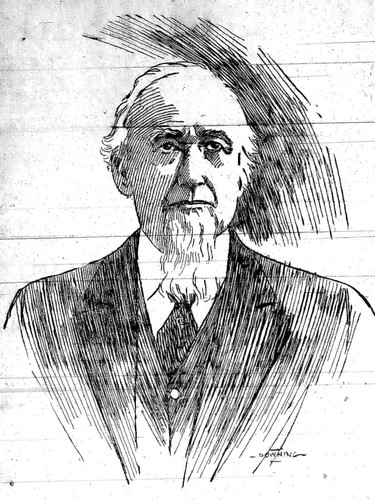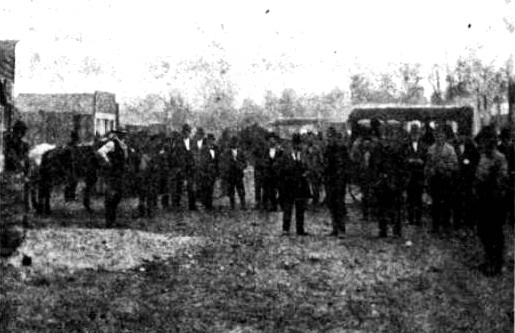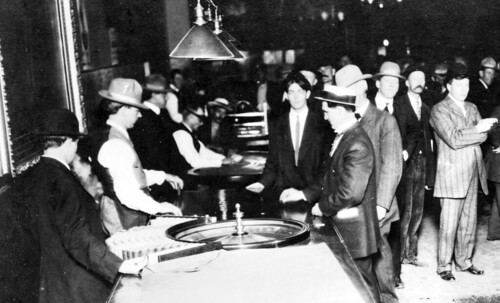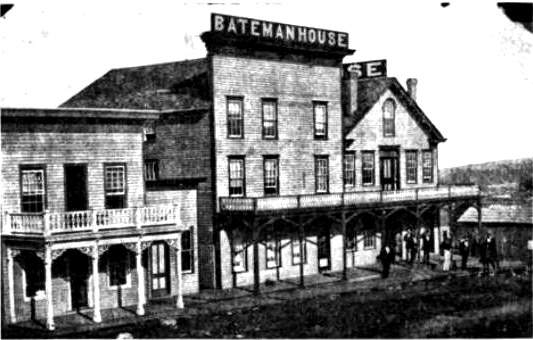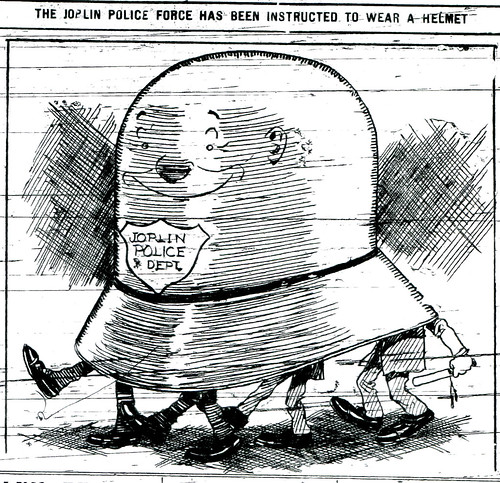Life is never easy for immigrants in a foreign land. The Chinese immigrants in Joplin had to deal with much more than simply petty crime as this story reveals.
Jung Gue, owner of a laundry on West Fifth Street, was not about to let “Dirty Billy” Williams rough him up.
The shirtless Chinese immigrant, clad only in a coat and trousers, testified in police court [as rendered by a Globe reporter], “Boy name Slim Bacon bring laundry to me. I think him velly good boy. He want to change him shirt and put clean shirt on. I telly him to go in back room and he go.”
When Slim Bacon, described as a “young street urchin” who occasionally worked as a waiter in a nearby “chop suey parlor,” departed the premises, he took Jung Gue’s only shirt with him. As Jung Gue told the police judge, “When he gone I find my shirt gone. Only shirt me have. Cost two, three dollars, maybe.”
The laundryman continued, “Yesterday Slim, he come back. I look at him and he got two shirt on, one mine. I try to make him give me shirt, him velly bad. Den dis boy, he name ‘Dirty Billy,’ he hold me, grab me around like dis and Slim, he run away, and Dirty Billy, him velly bad, him pick up rock and say him will throw rock on me. I call de policeman.”
As explained by the Globe reporter, Gue and Hop Chow Lee were about to make Slim hand over the stolen shirt when “Dirty Billy” Williams “butted into the argument, held Jung until Slim had fled, and then threatened Jung with a stone. Billy very patriotically declared to the judge that he wasn’t going to let any Chink run over a white man.”
Judge Bourn, however, disagreed with Dirty Billy and fined him $3 and costs. Bourn declared, “I never knew of these Chinamen ever bothering anybody. They tend to their own business, but there is a crowd of boys around there forever bothering them, and I am going to put a stop to it.”
Bourn, according to the reporter, had patronized Gue’s laundry for five years. This prompted Dirty Billy’s attorney to declare Bourn was prejudiced, but Bourn overruled on “account of the absurdity of a man being friendly to a man who had done his laundry for five years.” Before leaving the courtroom Gue shook hands with Bourn, who bid Gue ‘good evening’ in Chinese. The Chinese immigrant crowed to the Globe reporter, “Judge Bourn him velly good man.”
As for Slim Bacon, he was declared a fugitive and was doubtlessly still clad in Jung Gue’s good shirt.
Source: The Joplin Globe
